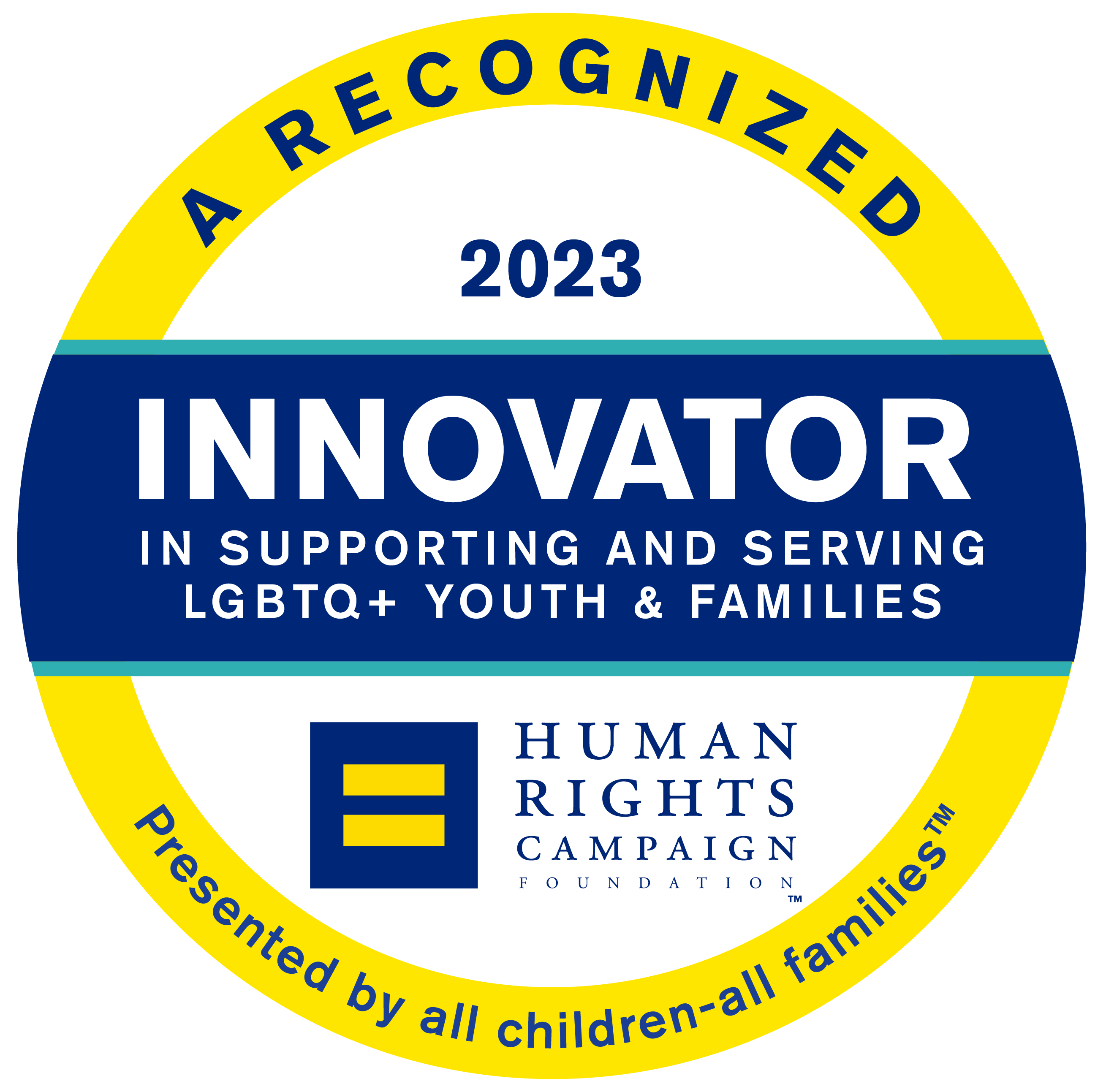Planning for Permanency
— A FOSTER PARENT’S GUIDE —
How to Support Permanency Plans for Your Youth in Care
Permanency planning for your child is one of the most important parts to being a successful foster parent. Planning and preparing for your child’s future living arrangements is something that every foster parent needs to be a direct part of. With many options, permanency plans can look different for every child and may include reunification with their birth parents, adoption, guardianship or custody with a relative, emancipation, and long-term care.
When you understand what the options are, and work with your agency and all involved to provide the best plan for your child, you will feel more prepared to help them take the next steps towards their permanency goals. Dig a little deeper into the different possibilities and your role:
Reunification with birth parents
When your child’s permanency goal is to reunite with their birth parents, you will work directly with the birth parents and family members. It is important to remember that after a youth is placed in care, the intended goal is for reunification first and foremost. Trusting your agency and working directly with them to prepare for this can help make this type of permanency plan extremely successful.
Custody of a relative
Temporary care with relatives is the next plan an agency will look into if the child cannot be safely returned to their birth parents. This could also become a permanent option if the goal changes from reunification. Legal guardianship or adoption with a relative can provide a safe and comfortable environment for youth in care.
Read more about this option: Permanency with Relatives and Kin
Adoption
Whether you as a foster parent are thinking about adoption, or the goal is adoption with another family, help your child understand what this process means, as well as the differences between foster care and adoption. Allow your child to explore their feelings with you, especially if they show apprehension towards future adoption plans.
If the permanency goal is to help facilitate your child’s adoption with an adoptive family:
- Communicate with your child, your agency, their birth parents, and future adoptive family about expectations: These may include what the rules will be like at their new home, whether your child will still have contact with their birth parents, and what this transition period will look like.
- Let your child grieve the loss of their current situation: This includes both their foster family and birth parents. Even if they remain in contact, there is still a huge change happening, including the loss of significant people from your child’s daily life.
Download this article to better understand the support your child will need through this process: Preparing Children and Youth for Adoption or Other Family Permanency
Emancipation
If your child’s permanency plan is emancipation, the best way you can show your support is by helping them prepare to become independent adults.
- Connect them with other adults in the community: These adults may be able to assist with guidance and support throughout adulthood.
- Educate them on available community resources: Such as housing, employment opportunities, educational opportunities, support groups, and more.
- Help them understand what it means to be financially independent: This includes managing rent, living expenses, and other financial responsibilities.
- Reach out to your agency for support: The process of emancipation should not rest solely on your shoulders, so reach out to your agency and ask what kind of programs and support they have for your youth. More information on youth in care and emancipation can be found at: Our Children: Emancipating Foster Youth
How to Manage the Feelings Around Your Child No Longer Being in Your Care
Your child no longer being in your care can be very hard as a foster parent, and you may feel ill-prepared for the difficulties that come with this. One of the main ways you can help prepare for this situation is to ask your agency what programs or trainings they have available. Try to find trainings related to helping your child process their feelings about their permanency plan, and also supports for you if their plan includes no longer being in your care. These steps can help build resiliency for both you and your child as you will feel better equipped to manage transition periods in your lives.
REFERENCES
Buehler, Cheryl & Rhodes, Kathryn & Orme, John & Cuddeback, Gary. (2006). The potential for successful family foster care: Conceptualizing competency domains for foster parents. Child welfare. 85. 523-58.
1, 2, 3, & 4. (2006). The Potential for Successful Family Foster Care: Conceptualizing Competency Domains for Foster Parents. Child Welfare, 85(3), 523–558. https://www.childwelfare.gov/pubPDFs/preparing_youth.pdf
https://www.ca-ilg.org/sites/main/files/file-attachments/ourchildrenactionguide22page.pdf?1481647573
Coakley, T.M., Cuddeback, G., Buehler, C., & Cox, M.E. (2006). Kinship foster parents’ perceptions of factors that promote or inhibit successful fostering. Children and Youth Services Review, 29, 92-109.
Franck, K. (2001). The characteristics of kinship and nonkinship care children and their families of origin. Unpublished master’s thesis, University of Tennessee.
Jacobvitz, D. (2002). Promoting resiliency in children and youth living in low-income families. Paper presented at the annual conference of the National Council on Family Relations, Houston, TX.
Search
Categories
- Blog (15)
- Grants and Awards (5)
- News (75)
Lawrence Hall is a 501(c)(3) organization. Gifts are deductible to the full extent allowable under IRS regulations.
©2025 Lawrence Hall All rights reserved. Site Construction by WorkSite









